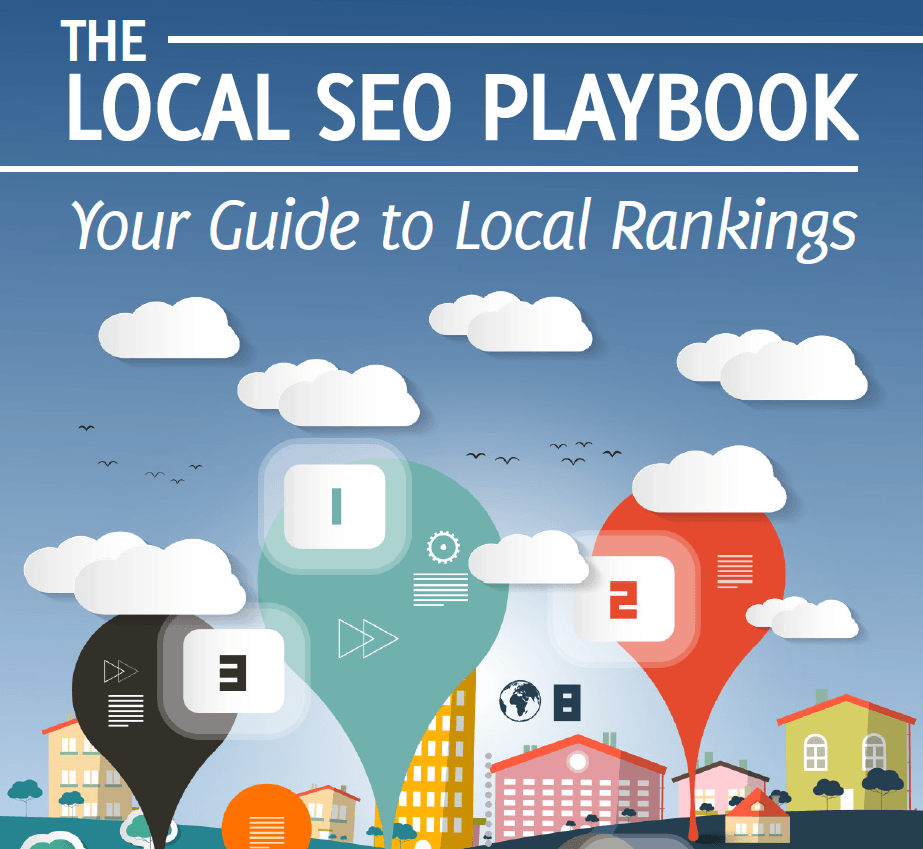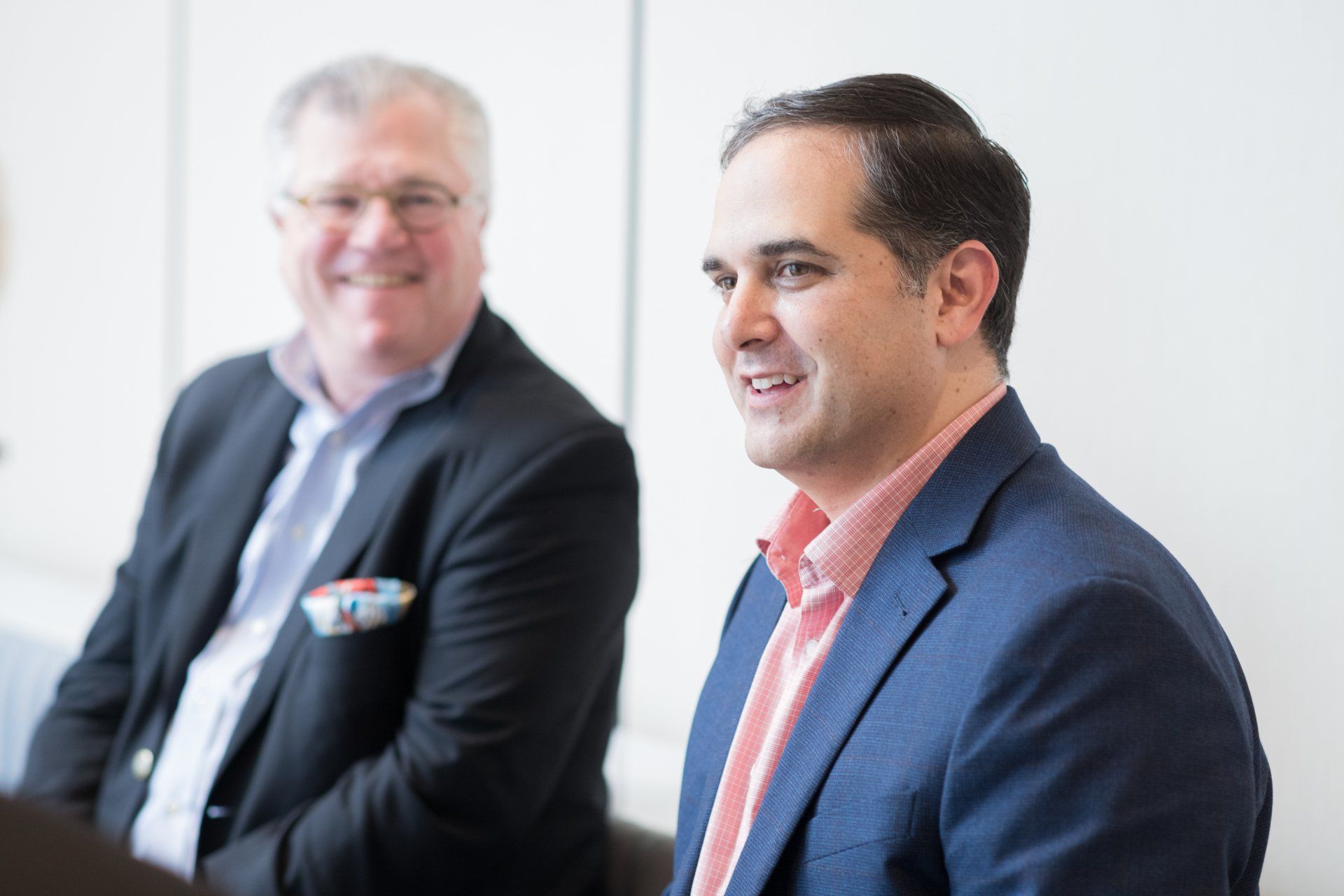What would Burnett, Bernbach and Ogilvy think of social media?
by Dan Gershenson
I thought it would be fun to imagine what would happen if the three biggest titans of advertising — Leo Burnett, Bill Bernbach and David Ogilvy — came back to civilization for one week to provide their views on our modern day developments, most notably social media. Their lunch meeting might sound like this:
Bill Bernbach: Gentlemen, great to see you again.
David Ogilvy: And you, old boy. How was everyone’s week in getting reacquainted with the world?
Leo Burnett: Well, things must be going OK over at my old place. They haven’t taken my name off the door. Would any of you care for an apple?
Bernbach: No, but thank you, Leo. I suppose we should get right to what’s on our minds and a shock to our systems, eh?
Ogilvy: Indeed. The Internet. It’s quite a marvel. You can’t ignore it. It’s everywhere. And this social media is consuming everyone’s lives.
Burnett: I saw Facebook and at first, I have to say I wasn’t a big fan. There’s a big banner at the top that you can use to put a picture on, but you can’t do any promotional copy! What’s the point?
Bernbach: And the layout of these channels struck me — you can only customize them so much. I wondered what kind of world people are living in where such limitations are placed on copy and art direction.
Burnett: I didn’t love the fact that we’re not seeing the product benefit clearly with social media either, but . . . I think what I’ve come to accept is that it’s so very different from advertising. I’m actually not sure that some brands or perhaps even some agencies understand that, which is a tragic mistake.
Ogilvy: I’ll tell you, though — what I do appreciate about it is how people are using social media to listen to the audience. The research person in me loves that. Now if we can utilize this new technology to better understand what drives the audience to behave in the way they do and buy the things they buy . . . They’re actually sharing nuggets of insight if we’re just smart enough to listen.
Bernbach: There is one thing that troubles me. I’ve found in this new era that it’s very chic to label advertising as interruption. To the point of where some people are calling it “dead.” I just don’t agree with that assessment — not at all.
Burnett: Agreed. When it’s a lousy ad, you can consider it interruption. We have always started from a position where we are an uninvited guest at their dinner table or in their living rooms trying to earn their trust. When it’s a great ad that makes you laugh, cry, think . . . feel anything, that’s what I call a welcome surprise. A person can look forward to that again and again. If we know how to reach for the stars in what we create, that is.
Ogilvy: People are triggered to hate advertising because so much of it is not very good. But that doesn’t mean it should be eliminated, nor does it mean that you can’t compel the reader to wave a banner in your brand’s favor. Electronic devices to keep advertising out be damned — people will beat a path to your product or service if you know how to speak to them. That held true in our time, and it holds true today.
Bernbach: I do like websites and blogs a bit more for the creative freedom you can have — and at the same time, what brands are able to control. Like anything, it’s got to be an interesting, imaginative and fresh experience. And it’s entirely possible for the person visiting to be immersed in the brand on a website. Some copywriters and graphic designers these days complain about how it’s not the world that it used to be when they worked on traditional ad campaigns, but is there not an opportunity for great copy and great design on the web?
Burnett: Right. I don’t see the difference. Doesn’t a website need exceptional art direction? Doesn’t a blog require outstanding writing? If it’s not a TV spot, doesn’t it need to be an entertaining video to hold the person’s attention?
Ogilvy: Yes. When TV came along, it changed so much about what we did in some ways, but in other ways it didn’t change a thing. The type of media was different, but just as ever, we still needed to make the experience for the person absorbing our advertising into something magical.
Burnett: So you believe social media can be magical, too?
Bernbach: After that first impression that jarred me, I can say I do. The way to artfully tell a story has always required an element of sophistication that speaks to the audience with respect rather than a “buy now” message that hits them over the head. Whether it was Tony the Tiger, a Volkswagen or the man in the Hathaway shirt. We have always had to work so hard to be invited into people’s homes, listened to, accepted and championed. Now we have to work just as hard to be invited into their computers and their social circles. What’s changed, really?
Burnett: True. But there is something special happening. There’s no doubt about it. You know it when you hear the term “revolution” kicked about like it was in our day. That’s exciting. Yet what’s equally exciting to me is the principles we lived by in our time are still relevant today — as you said, storytelling for a brand.
Ogilvy: We still have a little bit of time — is there anything else from today’s era we love?
Burnett: Absolutely. I’ve seen it and can’t get enough of it.
Bernbach: What’s that, Leo?
Burnett:
“Mad Men.”
(Originally ran here in Crain’s Chicago Business: https://www.chicagobusiness.com/article/20120404/BLOGS06/120409908/what-would-burnett-bernbach-and-ogilvy-think-of-social-media#ixzz1rkxEaX7E
)
The post What would Burnett, Bernbach and Ogilvy think of social media? appeared first on Caliber Brand Strategy + Content Marketing.
The Fractional CMO







